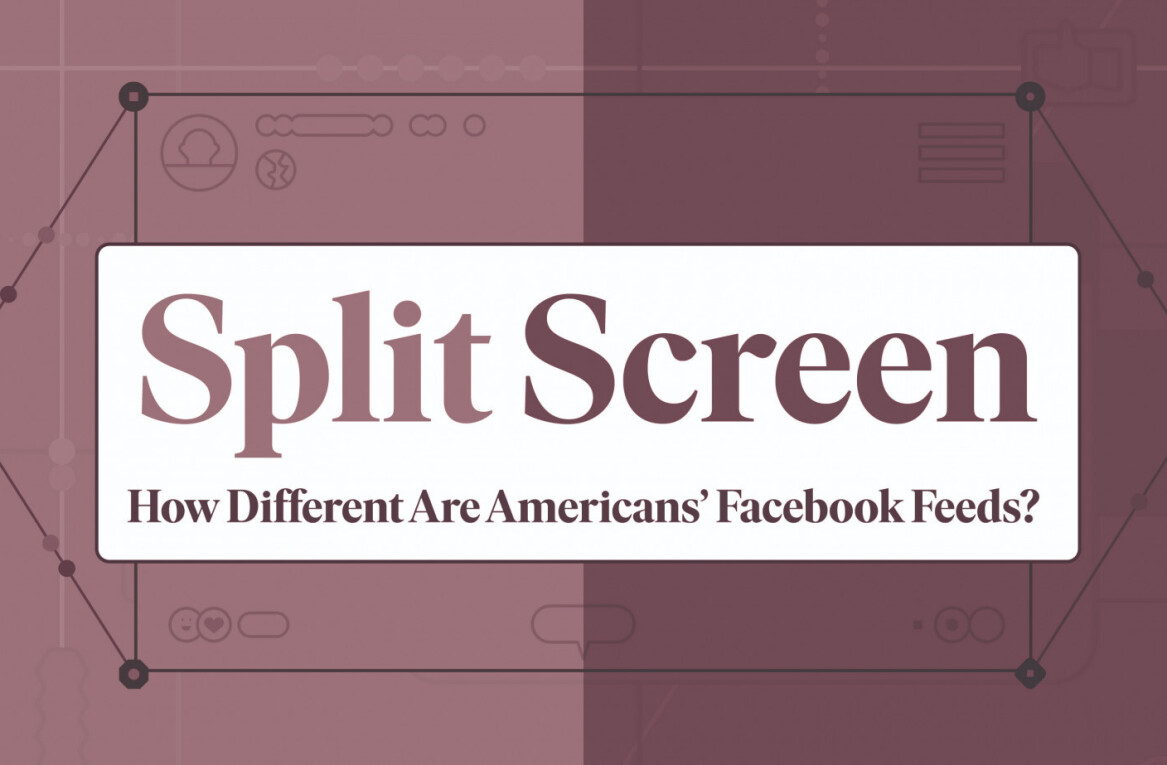
With the launch of Yandex’s Wonder and Twitter’s Vine this week, Facebook cut off access to its social graph for both services. On Friday, the company announced changes to its privacy policies in response to questions about how competitors should attempt to work with the social network’s data.
Facebook says that this change will not affect “the vast majority of developers building social apps and games” as the company will continue to “provide a platform that gives people an easy way to login to your apps, create personalized and social experiences, and easily share what they’re doing in your apps with people on Facebook.” For the apps that are using Facebook to “either replicate our functionality or bootstrap their growth in a way that creates little value for people on Facebook, such as not providing users an easy way to share back to Facebook,” the company says enough is enough.
Facebook has had policies against such practices for a while now, but it wants to clarify them today. More specifically, the company has tweaked point number 10 under the Features and Functionality section of the Facebook Platform Policies document.
Here is how it looked up until today:
Competing social networks: (a) You may not use Facebook Platform to export user data into a competing social network without our permission; (b) Apps on Facebook may not integrate, link to, promote, distribute, or redirect to any app on any other competing social network.
Here is what it looks like now:
Reciprocity and Replicating core functionality: (a) Reciprocity: Facebook Platform enables developers to build personalized, social experiences via the Graph API and related APIs. If you use any Facebook APIs to build personalized or social experiences, you must also enable people to easily share their experiences back with people on Facebook. (b) Replicating core functionality: You may not use Facebook Platform to promote, or to export user data to, a product or service that replicates a core Facebook product or service without our permission.
In short, Facebook will ban apps that use its data but don’t make it easy for users to share back to the social network as well as apps that replicate Facebook’s core functionality without permission. As already mentioned, this policy really isn’t anything new (Facebook has banned apps it deemed were being unfair or that added no value before), but this is the first time the company is making a point to outline exactly what it doesn’t like (pun not intended).
For the record, the last time Facebook revised its policy was just over a month ago, on December 12, 2012.
Image credit: fcl1971
Get the TNW newsletter
Get the most important tech news in your inbox each week.




